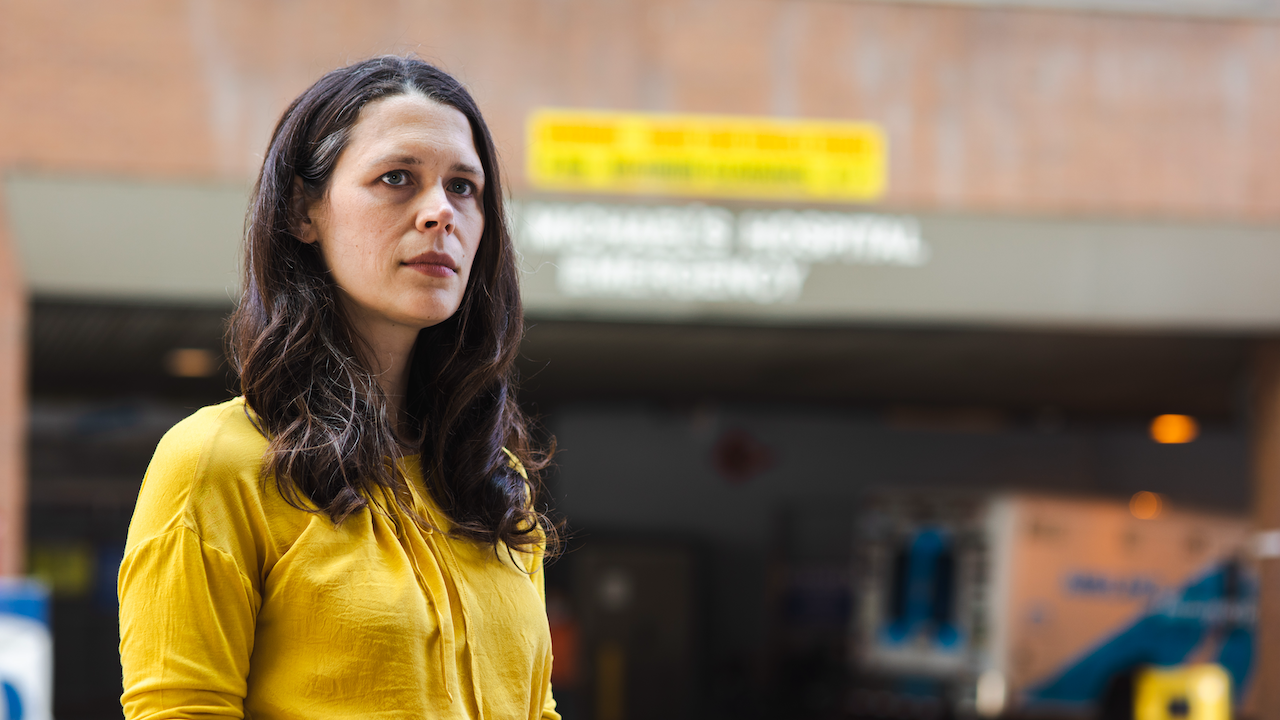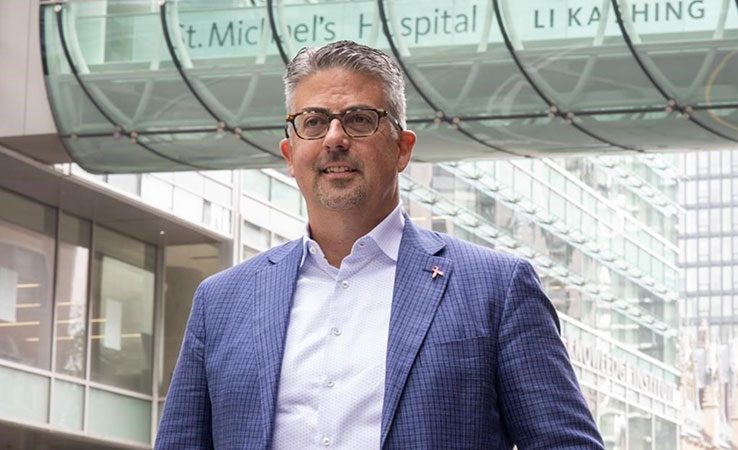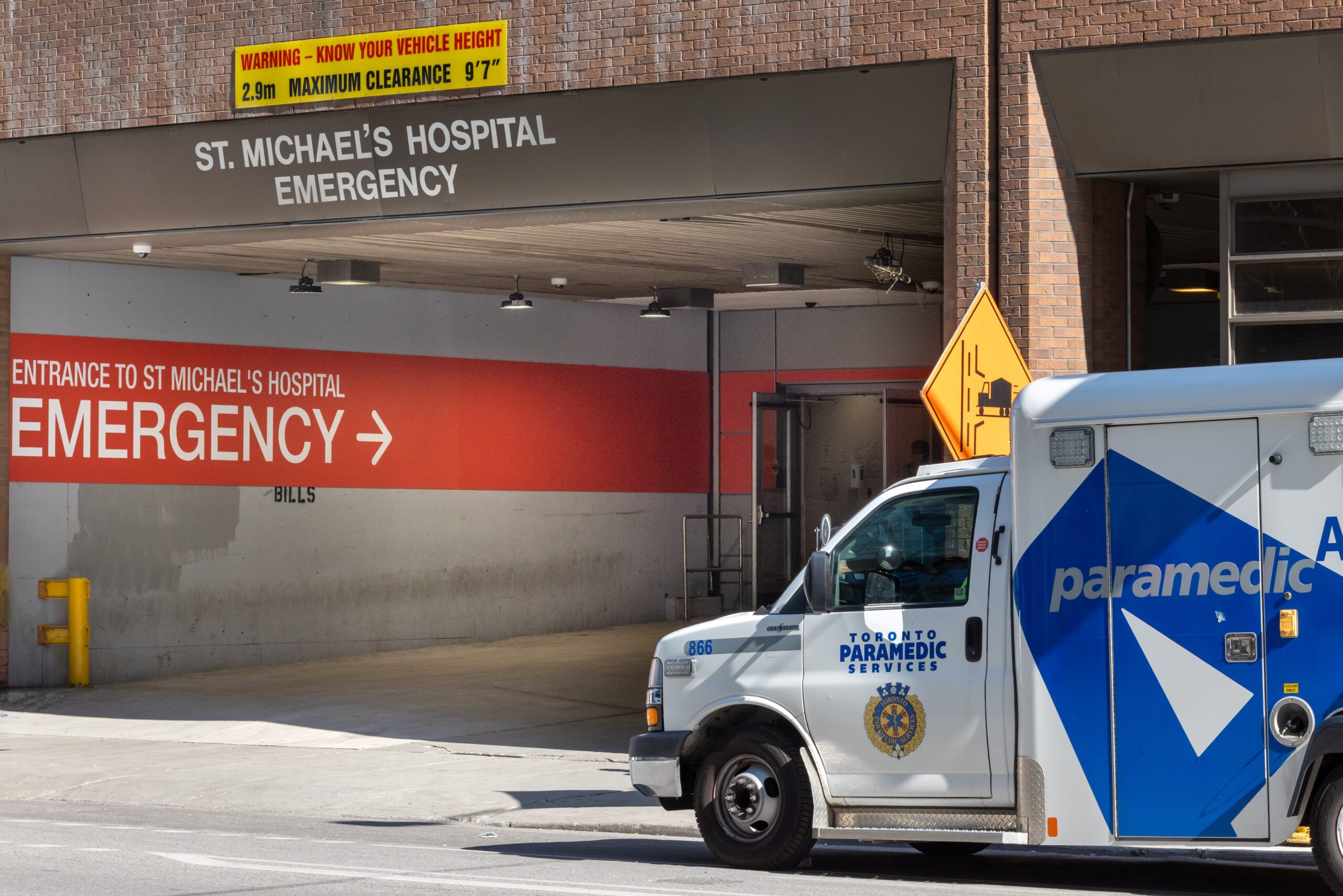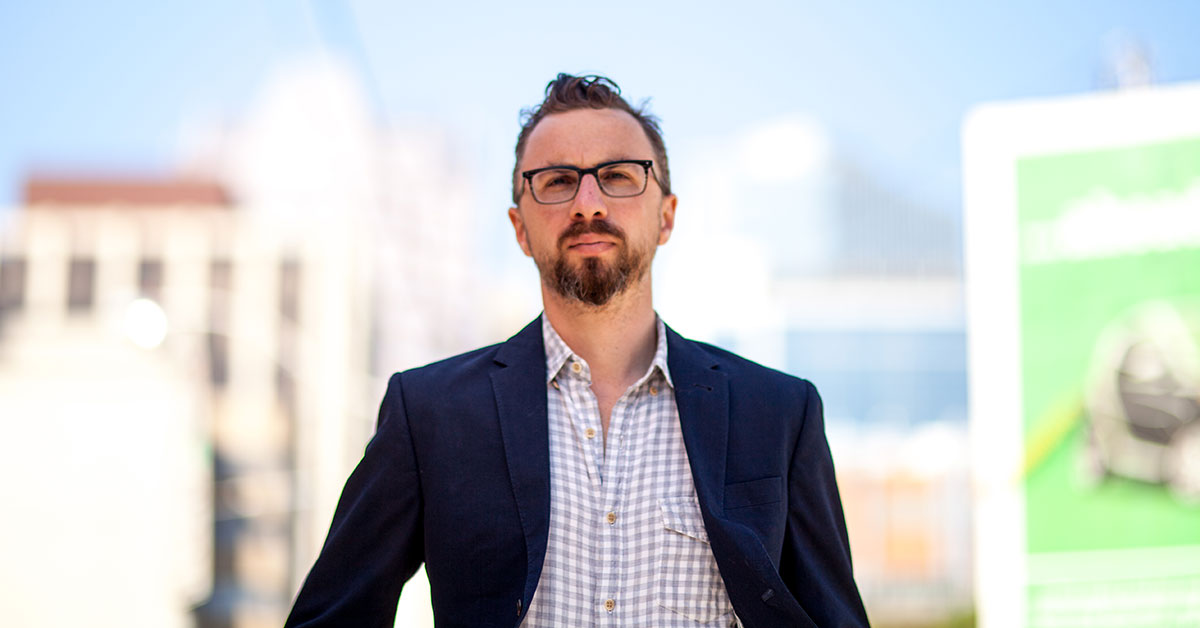On August 19, 2025 the Canadian Academy of Health Sciences (CAHS) announced the 47 new Fellows elected for 2025, among them are MAP scientists Drs. Jim Dunn and Kamran Khan.
CAHS recognizes excellence in health sciences and their Fellows reflect a rich and varied expertise. Election to Fellowship in the Academy is considered one of the highest honours for individuals in the Canadian health sciences community. It entails a commitment to serve the Academy and advance the health sciences across all of the Fellow’s disciplines.
Dr. James R. Dunn (Jim) is a MAP scientist and a Professor of Health, Aging & Society and Associate Dean Research in the Faculty of Social Sciences at McMaster University. He is the Senator William McMaster Chair in Urban Health Equity and Director of the Canadian Housing Evidence Collaborative. In 2025, he was awarded the CIHR-IPPH Trailblazer in Population and Public Health Award and the CMHC Gold Roof Award for Knowledge to Action. He has published over 100 papers in geography, public health, urban planning and epidemiology journals and shaped policies at all levels addressing the effects of income security, housing and neighbourhood built environments on health.
Dr. Kamran Khan is an internationally recognized infectious diseases physician, MAP scientist, Professor at the University of Toronto, and Founder and CEO of BlueDot. His research on outbreaks of emerging and re-emerging pathogens has revolutionized our understanding of epidemics in an interconnected world, while informing policy decisions during health emergencies. Dr. Khan’s entrepreneurial work focuses on the role of artificial intelligence and technological innovation to strengthen global epidemic surveillance and readiness for infectious disease emergencies. Drawing from his experiences as a clinician, scientist, and entrepreneur, he is a leading voice for fostering a culture of innovation and entrepreneurship in Canadian health sciences.
“Election to the Canadian Academy of Health Sciences acknowledges outstanding contributions to the health sciences,” says Dr. Trevor Young, President, CAHS. “We are proud of these Fellows’ accomplishments, and we are honoured to welcome them to the Canadian Academy of Health Sciences.”










